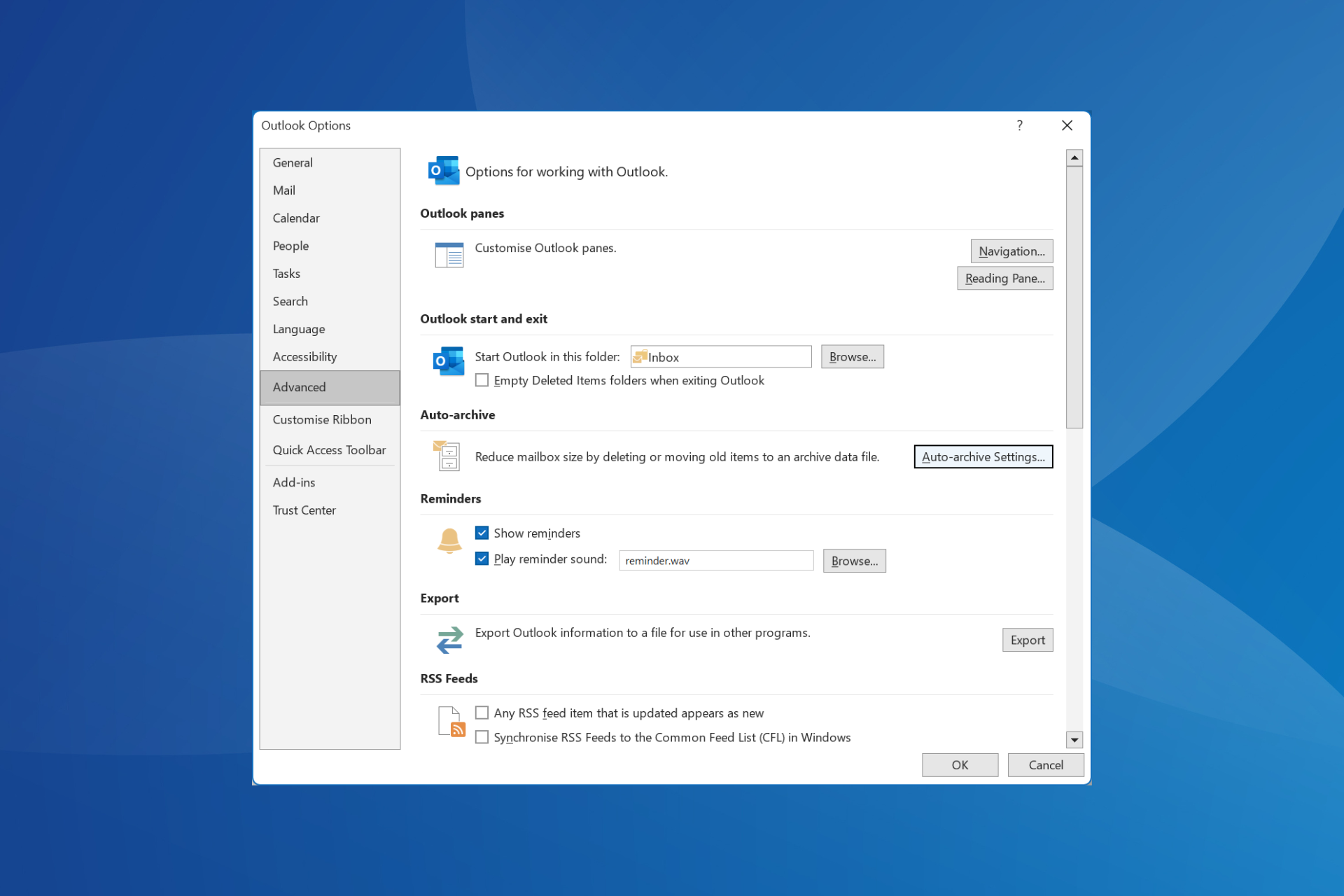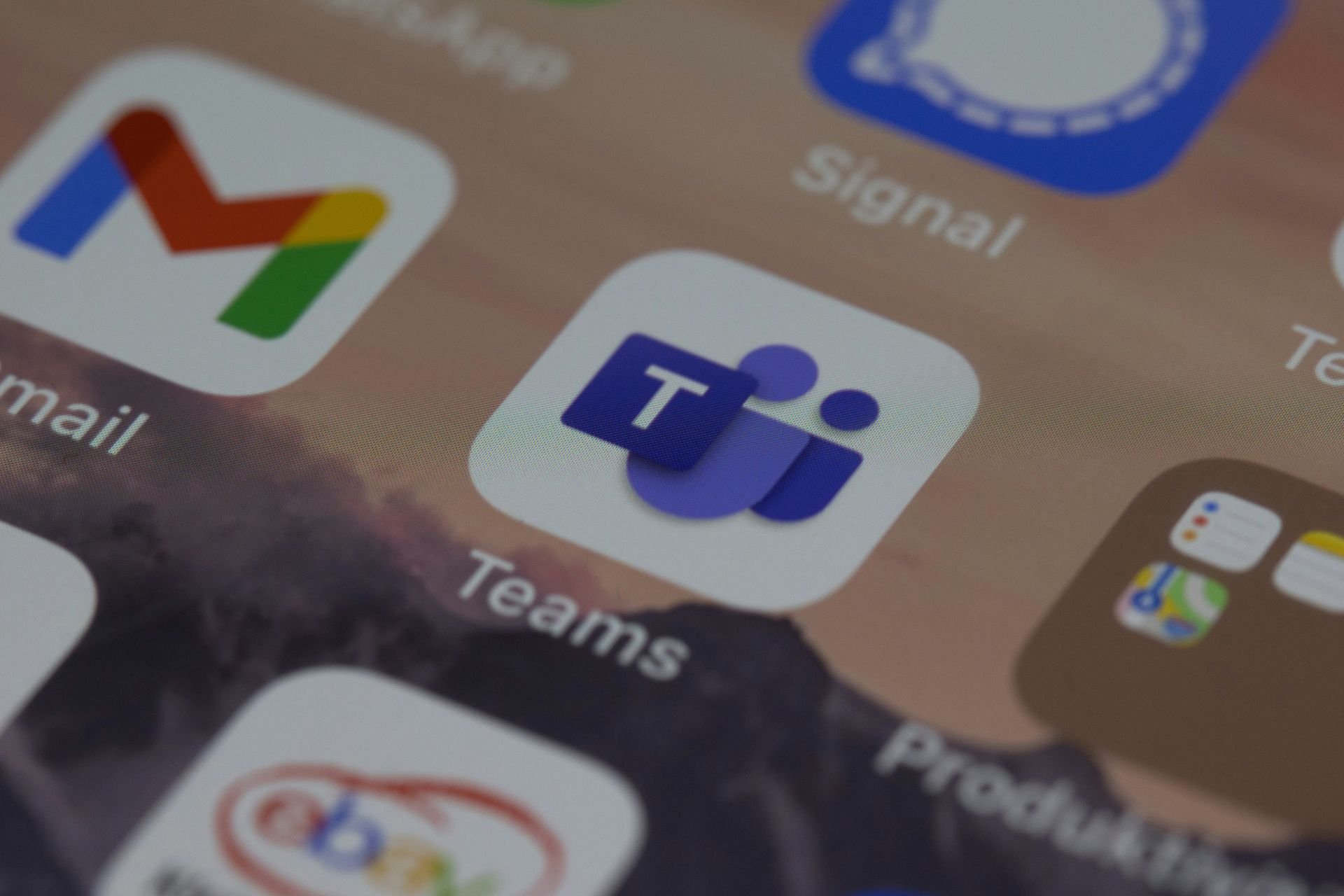Microsoft's Return-to-Office mandates led to senior-level brain drain
3 min. read
Published on
Read our disclosure page to find out how can you help Windows Report sustain the editorial team Read more

According to a joint study from the University of Chicago and University of Michigan, the push from tech giants such Apple, Microsoft, Google and SpaceX to force employes back to the office resulted in high percentage of senior level employees leaving the company.
Shortly after the Biden administration declared the COVID-19 pandemic over, many employers sought to regain a sense of normalcy by ushering in relatively harsh RTO mandates to employees who had been working remote for the past two and half years.
Despite overwhelming statistical evidence that remote work had little to no impact on productivity across the labor market, companies including Apple, Amazon, Google, Microsoft, Tesla, and SpaceX began mandating RTO orders or favoring in-office promotions as policy.
However, it seems those RTO mandates may have had the opposite effect than what was envisioned by the companies pushing for them.
The Washington Post reported on the joint study published by both the University and University of Michigan which specifically covers Microsoft, SpaceX, and Apple RTO mandates and “its negative effects on the tenure and seniority of their respective workforce.”
The specifics of the study include looking at resume date from People Data Labs while also viewing “260 million resumes matched to company data.” While the study on examined the effects of RTO mandates from Apple, Microsoft and SpaceX, the three were large enough to account for roughly thirty percent of the tech industry’s revenue and just over two percent of the sectors workforce.
The findings of study implied “that return to office mandates can imply significant human capital costs in terms of output, productivity, innovation, and competitiveness for the companies that implement them.”
“We find experienced employees impacted by these policies at major tech companies seek work elsewhere, taking some of the most valuable human capital investments and tools of productivity with them.
Austin Wright, an assistant professor of public policy at the University of Chicago
Following Apple’s RTO mandate back in May of 2022 that supported some work-from-home time as well as in office requirements it saw senior level departures decrease by five percentage points. Microsoft, which held a similarly revised RTO mandate saw a similar decline in its executives and senior developers leaving the company.
However, SpaceX which stuck to an ardent full-time RTO mandate saw its senior-level employee rate drop by fifteen percentage points, according to the joint study.
While Apple was the only company to respond to the joint-study with spokesperson Josh Rosenstock claiming that report represented an “inaccurate conclusion” because the company is seeing “historically low levels” of attrition, it should be noted that another analysis of 457 S&P 500 companies also buttress the notion that RTO mandates decrease moral and ultimately affect a company’s value and productivity.
Microsoft began 2022 with much harsher RTO mandates than they currently have, and it may be due to the level of attrition or employee feedback, but the company has evolved its stance over time.
Newer WFH policies include part-time off-site work as well as revisiting their position on promotions for WFH employees. With over seventy five percent of the tech sector accommodating flexible work environments, Microsoft’s RTO mandates feel outdated and could lead to long term harm to the company as its valued employees leave for positions at rival companies that support better work/life balances.








